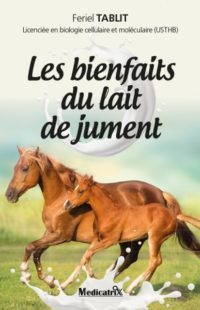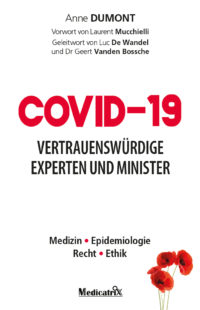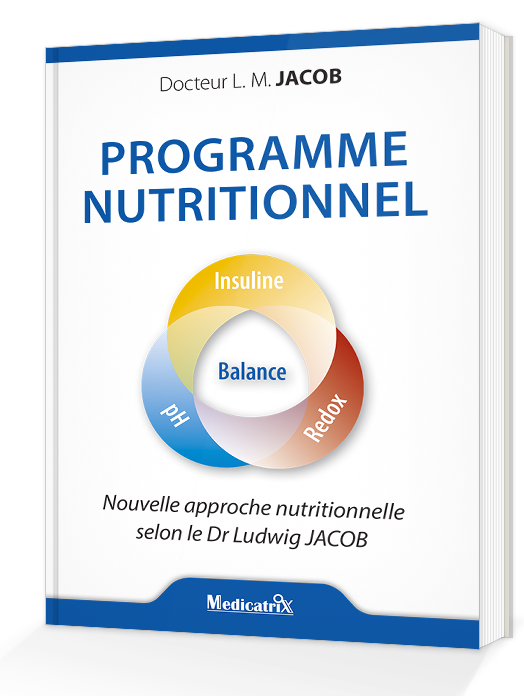[wpfilebase tag=file id=141 /]Probiotics are live microorganisms intended to confer a health benefit when consumed. One condition for which probiotics have been advocated is the diarrhea that is a common adverse effect of antibiotic use.
Objective : To evaluate the evidence for probiotic use in the prevention and treatment of antibiotic-associated diarrhea (AAD).
Data Sources : Twelve electronic databases were searched (DARE, Cochrane Library of Systematic Reviews, CENTRAL, PubMed, EMBASE, CINAHL, AMED, MANTIS, TOXLINE, ToxFILE, NTIS, and AGRICOLA) and references of included studies and reviews were screened from database inception to February 2012, without language restriction.
Study Selection : Two independent reviewers identified parallel randomized controlled trials (RCTs) of probiotics (Lactobacillus, Bifidobacterium, Saccharomyces, Streptococcus, Enterococcus, and/or Bacillus) for the prevention or treatment of AAD.
Data Extraction : Two independent reviewers extracted the data and assessed trial quality.
Results : A total of 82 RCTs met inclusion criteria. The majority used Lactobacillusbased interventions alone or in combination with other genera; strains were poorly documented. The pooled relative risk in a DerSimonian-Laird random-effects meta-analysis of 63 RCTs, which included 11 811 participants, indicated a statistically significant association of probiotic administration with reduction in AAD (relative risk, 0.58; 95% CI, 0.50 to 0.68; P.001; I2, 54%; [risk difference, −0.07; 95% CI, −0.10 to −0.05], [number needed to treat, 13; 95% CI, 10.3 to 19.1]) in trials reporting on the number of patients with AAD. This result was relatively insensitive to numerous subgroup analyses. However, there exists significant heterogeneity in pooled results and the evidence is insufficient to determine whether this association varies systematically by population, antibiotic characteristic, or probiotic preparation.
Conclusions : The pooled evidence suggests that probiotics are associated with a reduction in AAD. More research is needed to determine which probiotics are associated with the greatest efficacy and for which patients receiving which specific antibiotics.

















